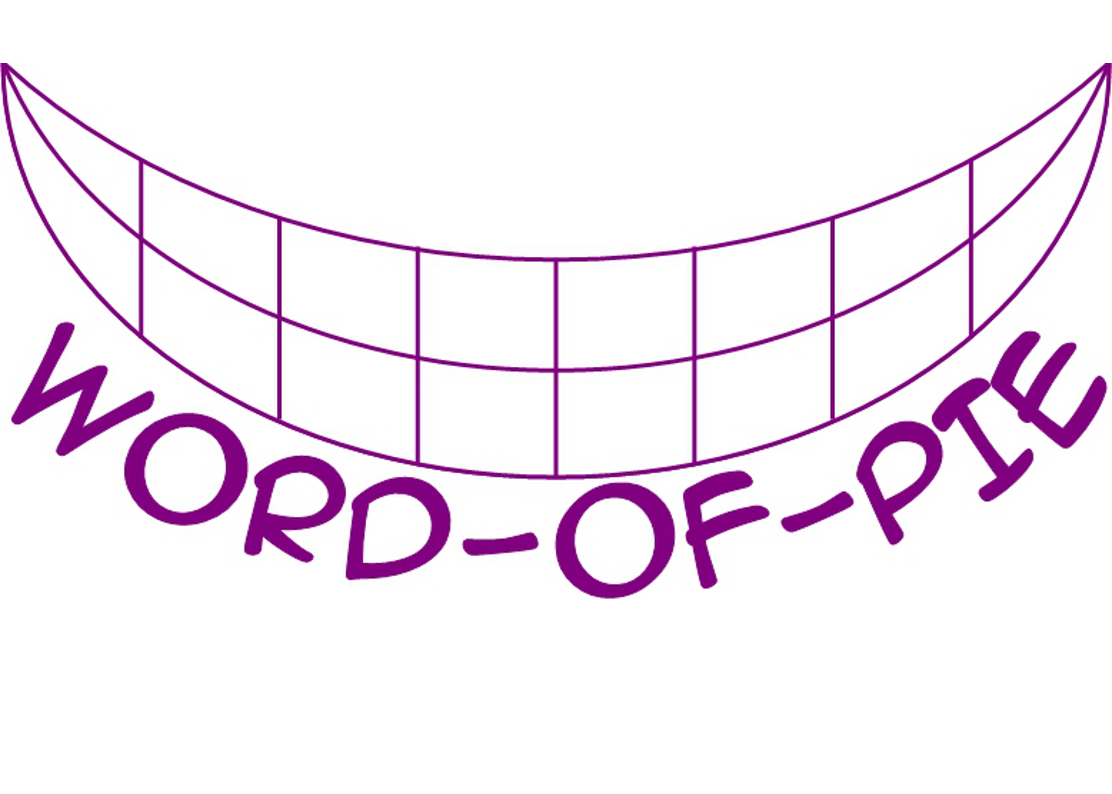 I recently wrote an article at CMS Wire about how Intranets have been eclipsed by the advent of new tools like enterprise social networks (ESNs). Like the old web, Intranets, and the portals that were often created in their name, didn’t really serve much of a purpose outside a large bulletin board. Efforts were made to make them more useful but without addressing a real need, those efforts often came to naught.
I recently wrote an article at CMS Wire about how Intranets have been eclipsed by the advent of new tools like enterprise social networks (ESNs). Like the old web, Intranets, and the portals that were often created in their name, didn’t really serve much of a purpose outside a large bulletin board. Efforts were made to make them more useful but without addressing a real need, those efforts often came to naught.
The concept of an ESN works better because it is a place where people can come together and work. I’m not talking Facebook in the office. That is crazy. I am talking something more akin to Yammer. I am talking about taking the break room and moving it online for organizations that are collaborative in nature but may not be co-located.
My good friend Jed Cawthorne took exception to my article. He said Forget ESN’s, Give me a Digital Workplace.

 When the terms of
When the terms of  Recently, Ron Miller wrote a nice little article explaining that there is
Recently, Ron Miller wrote a nice little article explaining that there is 

